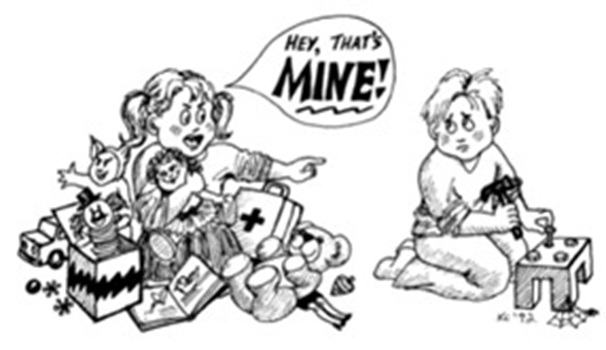To move from an ordinary, boring life … we need to evolve through actions expressing gratitude for all we have
Twenty-Eighth Sunday in Ordinary Time – October 12, 2025
At first glance, our first reading and Gospel emphasise the importance of gratitude. But a deeper, more important question arises: WHY be grateful?
What is revealed in each of our Readings is how we are called to evolve into higher beings. Naaman, St Paul and the Samaritan were transformed from sickness to new life. It was feelings of gratitude that moved them to something better, at least psychologically if not physically.
How many of us are just going through the motions each day: kind of happy, but not really on fire? So, we look for pick-me-ups: wine, “toys”, money or sex.
Nothing wrong with all of them (at the right time), unless they become the only way we feel ‘good’: then they can make us sick, as we become slaves to pleasure and ignore the needs of others. A bit like a drug addict. To feel more alive and excited about life, we need to be grateful for what we have and receive: like Naaman (1st Reading) and the leper (Gospel).
Both readings reveal how it is an outsider (stranger/ visitor), who reveals how the ‘insiders’, like you and I, can take God for granted, or treat God like a MacDonalds takeaway: we order what we want and leave. We pay for and then ignore, until we want something again.
One of the key elements of gratitude is how it brings us to happily acknowledge that we do not know everything; I am not able to fix myself; I need a higher wisdom in my life: that is, a higher degree of humility.
Human beings can only be happy in healthy companionships. Naaman tries to create this relationship with the God of Israel by carrying away the soil: not just a little (one mule), but a lot. The two mules reflect our physical and psychological dimensions to find happiness.
Naaman demonstrates to us the importance of having physical things we can touch and ‘experience’, to help build our relationship with God. If not, our memories can fade and the relationship may die, little by little. Hence, in marriage, the importance of presence.
What is the “soil” offered to us Christians, to help us strengthen our relationship with God? I’m not denying the fact that our families are a way we encounter God but, what Naaman reveals to us, is the importance of having some outside “input” to enrich our lives.
Naaman, a foreigner to Israel, took the “soil of Israel” as a model for us: As a family, are we involved in the local community (actually contributing)? As a nation, are we involved in our local countries (actually helping); or are we using them? Are our schools just places to get academic education, or do we learn more (social/emotional) by sharing?
Each family unit and local church is a form of soil: the building creates a physical environment = giving a sense of safety and beauty; but, more importantly, because it builds community: giving everyone a sense of belonging.
As in any group, we don’t always agree with everything everybody says (including the priest, sometimes!). But we feel we belong: I can speak freely and not be kicked out: people may disagree, but I’m still accepted (assuming I act in a polite manner and respect the other people).
The other key “soil” from a Christian perspective are the activities we do for others as a concrete expression of our deep gratitude for all that we have received. Most healthy people over 40 years of age learn that true joy comes from empowering other people, rather than accumulating more money and ‘stuff’ for ourselves.
The feelings generated in our hearts, as we empower others through our relationships, is a taste of Heaven: it is gratitude in action. Despite all the hardships we are enduring right now (eg. St Paul in chains in prison), we can still be touched by Heaven in our daily lives. The leper who came back, experienced double joy: healing and blessing.
The final point Naaman and Elijah teach us today, is that we cannot pay for what we get from God like a business transaction: we can only “pay”, by giving back through our relationships.
So, today, we should be asking ourselves: Do I feel truly grateful? To others and to God? And how do I express our gratitude to God? Is it through verbal words (=good) or through concrete actions (=much better)?
By Gerard Conlan, OMI


